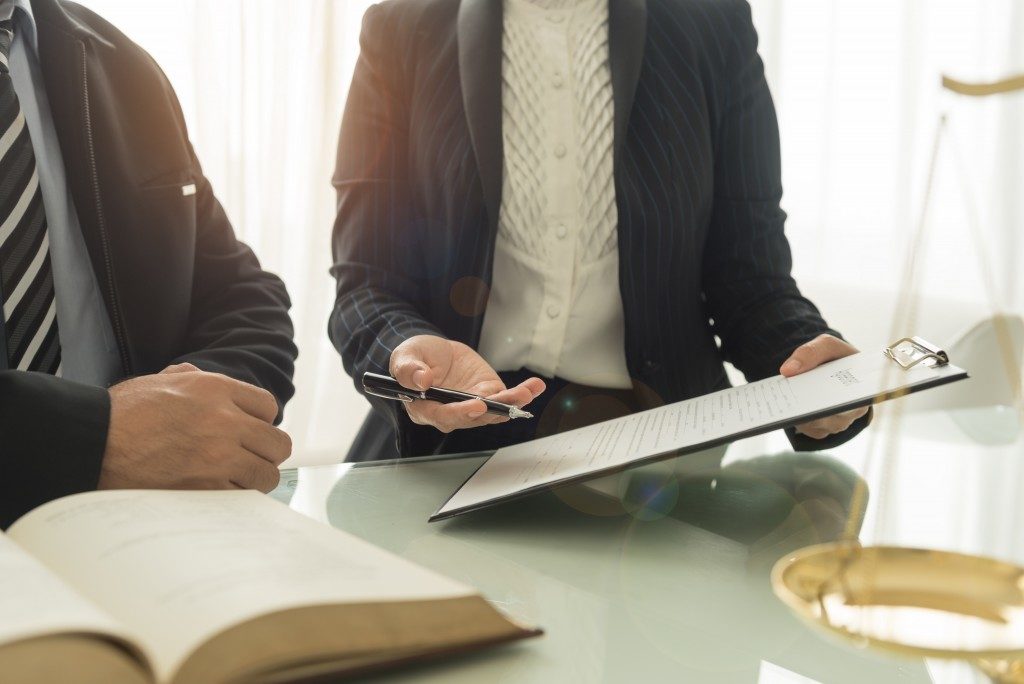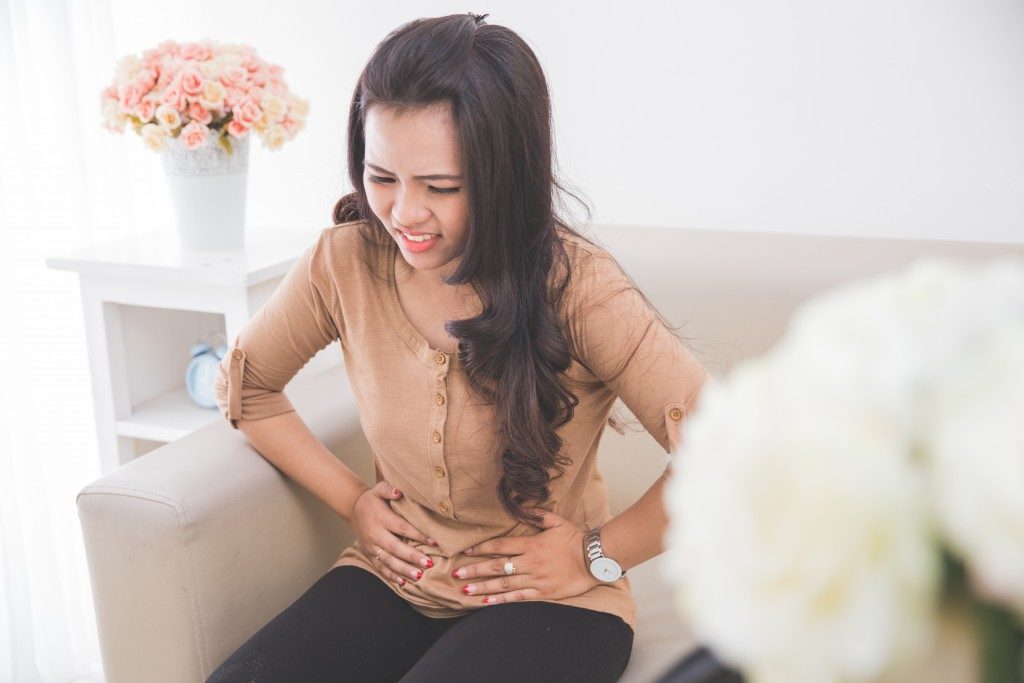Food poisoning in a restaurant happens when you eat food you ordered in a restaurant and then experience symptoms of food poisoning. Unfortunately, such cases are relatively common. If food from a restaurant causes food poisoning, you could sue the restaurant for strict liability or negligence.
Common Causes and Resulting Injuries of Food Poisoning
No matter how relevant authorities try to regulate the food industry, food poisoning is still rampant. It is usually caused by bacteria, particularly salmonella, E.coli, listeria, and norovirus, as well as herbicides, pesticides, and viruses. Most victims of food poisoning experience symptoms such as nausea, diarrhea, vomiting, abdominal pain, fever, and cramps. Most victims with mild cases of food poisoning would experience relief from their symptoms in a week or so. In some cases, however, victims suffer more severe injuries.
The CDC, Centers for Disease Control and Prevention, states that food poisoning kills about 3,000 individuals and hospitalizes approximately 128,000 individuals each year. More severe cases usually require hospitalization, medications, and longer recovery times, which result in financial hardships for the victims. The CDC also states that seniors, children, infants, and those with compromised immune systems are most vulnerable to experiencing serious symptoms or developing complications. Most personal injury attorneys would recommend asking for a law firm like William R. Rawlings & Associates‘ aid to file for a financial claim.
Proving The Restaurant’s Fault in Food Poisoning Cases

Depending on the circumstances, proving fault could be easy or difficult. Essentially, you need to prove the following factors:
- The food you ordered and ate at the restaurant was contaminated;
- The contaminated food resulted in you getting food poisoning; and
- The contaminated food really came from the restaurant.
The hardest part of food poisoning cases is that you have to prove beyond a doubt that you weren’t experiencing food poisoning symptoms before eating the contaminated food. In general, people consume various foods from different sources each day so it might be tough to prove that their symptoms were caused by contaminated food from a specific restaurant.
Determining Liability for Food Poisoning Cases
In food poisoning cases, you must include every single party that was involved in the contaminated food’s chain of distribution. This means that you would have to trace the source of the contamination. This also means that you could potentially hold liable anyone that might have been involved in the food’s distribution chain after or at the point of contamination. In general, the distribution chain typically involves the following parties:
- The company that processed/manufactured the food
- The grocery that sold the food
- The restaurant that served the food
- The wholesaler or supplier of products in the contaminated food
- Any other food distributor between the chain of distribution
If you’ve suffered from food poisoning due to food you ate in a restaurant you might be able to hold any of these parties liable for your injuries. You could obtain compensation for hospital bills, loss of income, as well as pain and suffering. To learn more about your case and what you need to do, consult an experienced personal injury lawyer to help you out.
